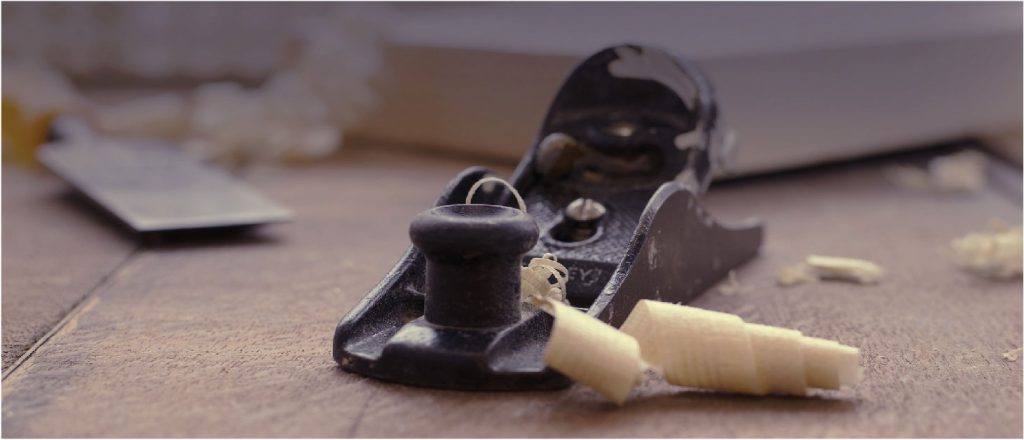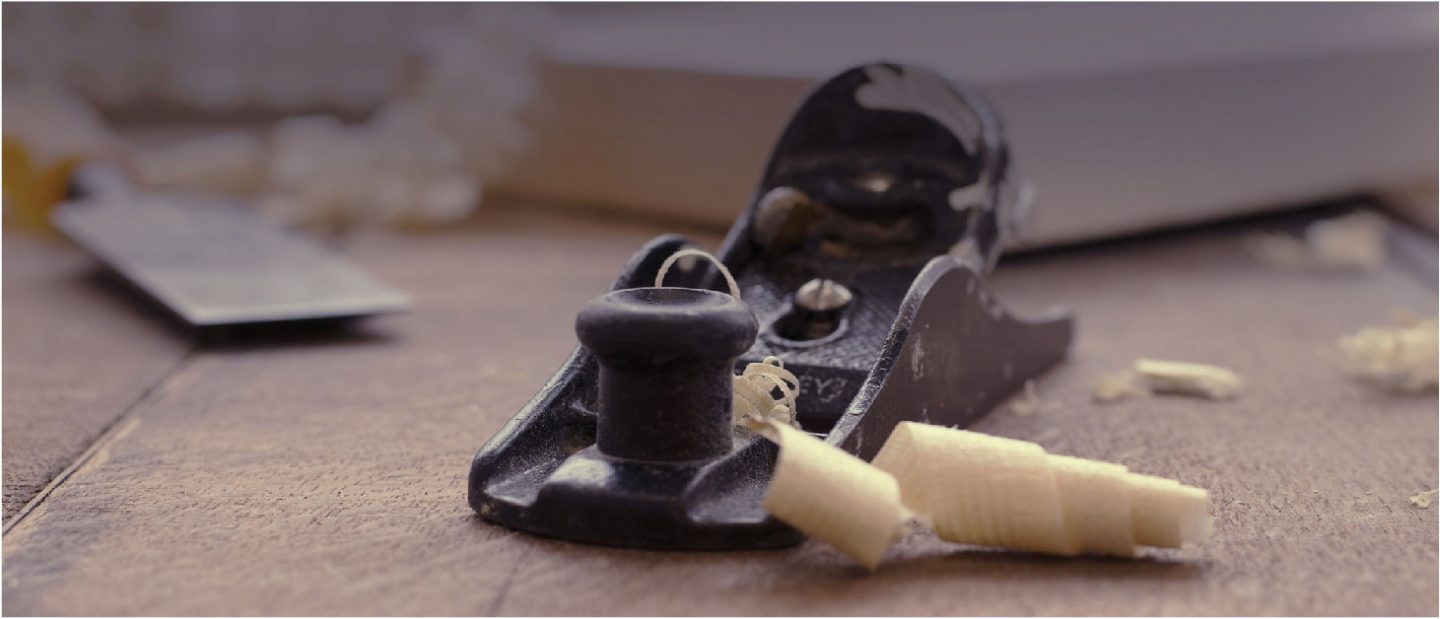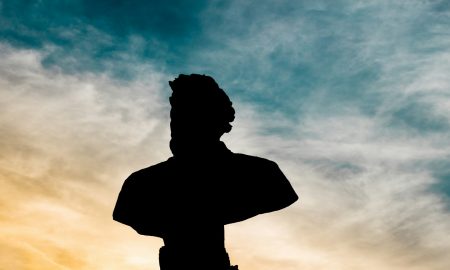
Charles Willett appeared both defeated and stoic while seated at the slab-table he’d fashioned years earlier from the choice reddish-brown heartwood of a Kentucky Coffee tree. Skilled hands, nimble fingers, and the tools of a master artisan in the trade of carpentry had created a smooth-as-silk finish with gentle corners. The lines in Charles face seemed deeper than the day before as he read the article describing the incident and arrest of his eldest son Max, and the forthcoming arraignment for an attempted murder.
“Give me my time,” remembered Charles as the words he’d spoken to his father to be released from the work obligation of the family farm on the western rim of Appalachia in Kentucky. Economics and the fight for family survival mandated that every son would work for his father until the age of twenty-one but Charles was just sixteen. “I’m goin’ to uncles’ to learn the trade of carpentry.”
His father, Henry Willett, struck hard with the switch of an apple tree as a stunned Charles lost his balance and fell to his knees under the agony of the lash. Honor thy father flashed in Charles’ mind but it was immediately deposed by rage.
“Go and good riddance to ya’ for leavin’ your family to fend for themselves. You’ll think it a mean-supper but you’ll pay me a hundred dollars for the privilege before ya’ go,” said father to son as they continued the estrangement that would last until the death of the elder Willett. Six months later after taking extra jobs rolling logs down the Ohio River to a sawmill, Charles handed the hundred dollars to his father. At dusk Charles began the trek through the forest toward his uncle’s house as scores of fireflies lighted his path.
For Charles, the one constant throughout his life after his emancipation as a young man was his carpenter tools, the preparation and the feel of the wood, and the rhythm of his labor. Intuitively, he rose from his chair in the slow and steady style of a man in the twilight of life. The screen-porch door slammed shut as Charles marched past the sleeping hound dog and the Husband and Wife trees he’d planted twenty-five years since as he headed toward his workshop in the backyard. The sound of his footsteps on the porch caused an exodus of Piping Plovers and an Ivory-Billed woodpecker as they sought the comfort of wind and an expanse of blue sky. Even the wolf-spiders swiftly camouflaged, seeking invisibility in the underbrush.
With his lame foot tightly strapped inside a home-fashioned brace, Charles faltered on the path from the house to the workshop. His right-hand was outstretched for balance and in anticipation of flipping the latch and jerking the door open. Through the door and across the threshold, Charles awakened the translucent remnants of sawdust that floated in the air and were captured by sunlight filtered through the thin spaces between the wood planks that framed the modest workshop. A sense of longing, past and present, and the familiar smell of hewn-lumber mixed with the air and pervaded the atmosphere.
Charles pulled his well-organized tool chest from a bottom shelf, within a series of shelves to efficiently assist him in producing quality furniture and doors in record time. Throughout his marriage to his wife Anna, Charles had kept a copy of their wedding photo in one of the chest compartments as a good-luck charm. Their life was a mix of Presbyterianism and the perception of luck fraught by a level of lukewarm Paganism.
“Happy wife,” was written in block letters with pencil by his wife on the back of the photo. It was the truth, they had been happy even up until her death ten years ago. The memory of their life together was now but a passing breeze that does not return.
***
“Are your limbs slowly becoming petrified and do they feel like they’re turning to stone?” bellowed Anna’s father who went by the moniker Dr. Bloodgood. He hawked Kinley’s Hospital Tonic from the back of a medicine show wagon.
Dark skinned with deep brown eyes and the distinctive facial structure of a Shawnee Indian, sixteen-year-old Anna was rumored to be for sale by her white father to any man with sixty dollars cash. Anna collected the money from each tonic purchase, a job that had belonged to her Shawnee mother who died last year during a measles epidemic.
“Niyaawe, thank you,” acknowledged Anna as she cupped her right hand to accept the dime from Charles. As natural as a summer stroll, they began to move together in conversation and away from the medicine show. A natural affinity quickly became devotion and that blossomed into love.
“Take me with you,” said Anna on their third day together. The glint of a borrowed Remington revolver leveraged the outcome in favor of the young couple because Bloodgood never suspected the chamber was empty.
Shawnee Indian lore is potent for folks living the length of the old Buffalo Trace that meanders west through Kentucky to Indiana. For instance, Anna Willett heartily believed that eating speckled trout while pregnant would surely cause birthmarks on the infant; lingering in a doorway for any length of time would cause a woman to have a lengthy and difficult labor. The hour or so before bed was spent reading the bible and Sunday was reserved for homage to the Christian God.
“He’s the measure of me,” whispered Charles as he sat spellbound staring at the restless infant with long fingers and a tuft of dark hair as it lay swaddled in bed next to Anna. “Ya’ must admit it’s the design of nature and the will of man to create perfection.”
The two boys born to Charles and Anna were close enough in age to appear as a part of a hierarchy of stair steps in a well-fashioned staircase. Whiteman Wood Willett was average height with light skin and hair and pale blue eyes. An innocent dreamer, he read books like The Story of the Treasure Seekers and naturally gravitated toward Maxwell for help in traversing the bullying at school. In contrast, Maxwell Crisp Willett was tall for his age with a deep olive skin tone and eyes the color of rich copper. He was often aloof but had a keen sense of the strengths or weaknesses of people.
“My pap says the only good Indian is a dead one,” repeated Maxwell to his father as one of the list of cruelties levelled at him each school day and this accounted for his bruised left eye, torn clothes, and bloodied knuckles. Maxwell calculated the silence by seconds and then minutes as an anger surfaced in him for the mix of white and Shawnee blood that ran through his veins
“I buried her in the late afternoon when the sun was in the treetops,” Charles sat alone on the porch step seemed to be in a conversation about the death of Anna many months ago. “She’s with the Great Spirit now, whether he be Shawnee or the Christian God.” Whiskey-drunk and with a vague expression, the light had gone out of his eyes. “Have a hand in your own miracle and participate in your own deliverance!” he bellowed remembering a sermon he’d heard long-ago.
“If he doesn’t care a durn then I don’t care a durn,” muttered Maxwell with a smirk expression as he reacted to the disinterest of his father.
***
“Outa my way Willett. I heard your boy Max been cabbaging and took my best hound dog and plain-as-day there he is layin’ on the porch,” Peter Conyngham snapped his head to the right toward the dog. “It’s a three-month sentence in the clink for harboring a stolen dog.”
Wide-eyed and silent, the two Willett boys stood on the porch with a firm grip on the collar of the barking hound dog.
“Dog ain’t stolen, it followed my boy home weeks ago. Put an ad in the paper lookin’ for the owner and now its m’boys dog. It’d be best ya’ quit your chin-music before we have a scrape about it and the loser you’ll be,” Charles put it to Conyngham with a straight-face and a spark of levity, hoping there’d be no fact-checking. Charles knew Max took the dog but he felt guilty about the past year that he’d been trapped in sorrow and he feared the shame to his family. Conyngham decided to drop his claim to the dog and ride off on his saddle horse with pinto markings. Automobiles were scarce in Mason County in the ten years since the turn of the twentieth century. Charles recalled a glance toward his boys as he felt a burn that permeated his conscience. It was then that he created a kind of mental photograph, transformed for eternity into a permanent image, sensitive to light.
“Takins’ what happens during the daytime, stealins’ what happens at night. I didn’t steal those apples from Pope’s orchard, I took em’,” boasted sixteen-year-old Max, now shortened from Maxwell, as he bent his tall and lean frame to open the door of the cook-stove to light his pipe from a few coal embers.
“But you gather where you haven’t planted seed,” said Charles like a man overpowered. Undisciplined in his choice of recreation, Max didn’t bother to glance at his father to acknowledge in the moment that his father conceded authority over his son.
***
“Boys, it looks like I got you. The jig is up and if you move you’ll get shot,” said Sheriff Howard after he got the drop on Max and the teenagers he was running with. “Heard you was in town and hanging around the railroad station looking for more trouble.” The sheriff had a firm reputation for being a game-man and to prove it his hand rested on a .45 caliber revolver in a snug holster looped through the belt of his pants.
“Heard you’re tryin’ to pin the tobacco warehouse fire on us, but you ain’t even got one witness says they saw us do it,” Max answered with a familiar I-don’t-care-a-durn expression and then he wryly looked to the other boys for affirmation. “You know my uncle’s Azro Whitaker, the sheriff over in Bourbon County.”
“It’d be better for you if he were the Lord Almighty,” was the ready-reply of Sheriff Howard as he bristled with rage. “After the havoc of the explosion, the townsmen were overcome with the look and smell of the charred bodies of the two men who died in the fire.” In a swift move that belied the clumsy oversized frame of the sheriff, he took hold of Max, whizzed him around and cuffed him. Stunned, Max flinched and his face was immediately flush with color that then coolly drained from his face. The sheriff escorted them to jail without further incident.
But just like clock-work and as prophesied by Max, the group of suspects was released from the Maysville jail in less than a week due to lack of evidence. Stalwart in the shadow cast upon his family, Charles set his horse and wagon to the jail to fetch his son back home before the warehouse owner and the relations of the dead men could get wind of his release.
“Whoa,” said Charles as he pulled around the side of the aged building with a low profile and a faded brick facade. Anxious in his concern, his mind worked in advance of his legs as he attempted to descend the wagon and somehow caught his foot in the wagon-wheel. The horse started again amidst the commotion of Charles’ struggle to loosen his foot from the wheel.
“Hang on Willett!” shouted the deputy sheriff as he bolted from the jail to catch the wayward horse and wagon that dragged a helpless Charles before it could be stopped. Writhing in pain and descending into shock, Charles crushed foot was released from the wheel by the deputy and the town doctor.
Carpentry work soon dried up for Charles, as much due to the festering grudge of the citizenry of Mason County as to the lameness of his foot that prohibited his standing for a length of time. He grasped that he would soon become dependent on his children for financial support. His relationship with physical and mental independence changed form. Max packed up and hitched to Cincinnati and Whiteman, going by Woody, wasn’t far behind.
“Got a job as a Fireman on the L&N Railroad,” wrote Max in a swiftly penned note. “Woody works as a laborer for a paint contractor. Max.”
Around the middle of each month, Charles received a ten-dollar-bill in a plain envelope postmarked Cincinnati. “The worst is over,” he convinced himself where Max was concerned.
Life continued to unfold in a series of newspaper headlines that created a compelling Willett family saga as gossip for folks from Cincinnati and along the meander of the Ohio River.
Syndicated in the newspapers of the region on September 14, 1928 was “Cincinnati Man Robbed of Paycheck” which proved to be a farce invented by Max to secure a second paycheck from the L&N Railroad. Though he’d heard Max lost the job, the ten-dollar bills kept coming at the same pace and Charles consciously decided not to question the origin of the money.
“Last night, October 19, 1929, the Southside Pharmacy on Quince Street in Cincinnati was entered and robbed. Thirty-five dollars’ worth of cocaine, morphine, codeine, and heroin was taken and two-hundred-fifty dollars from the safe. The robber entered the basement from the coal run side and gained the first floor by crawling through the hot air register in the middle of the floor. The pharmacist, who lives on the second floor of the building, got off a few rounds with his shotgun and hit the thief as he fled by the front door to a waiting car that sped off. Revenue officer Jack Blocher was called in to investigate,” was but one report of a series of random robberies.
“The bullets entered above your son Whiteman’s knee and shattered the bone,” where the blunt words and inflection of the doctor at the Bethesda Hospital. “Ignorant country people,” muttered the doctor as he labored a glance first to Charles, then to Max, and then down to his medical chart. “Gangrene was too advanced to remove the bullets and save the decayed leg. The shock of the operation triggered the heart attack that killed him.”
Charles sat on the edge of one of a dozen angular metal chairs lining one side of the reception room that doubled as a waiting room. The cheerless white walls and marbled black and white linoleum floor reinforced the notion of the curative virtue of an antiseptic environment.
“Not this, not Woody,” Charles repeated the phrase as though the repetition could create the power to cancel the event. He trembled as he wrestled with reality and his overwhelming grief.
Max stood leaning on the wall in a corner of the room, more like a man with a hangover than a man about to be found out as one of the duo who robbed the pharmacy.
“You know I’ll have to report this to the sheriff. Somebody’s got a screw loose because two shotgun wounds to the leg is hardly an accident,” said the doctor looked accusingly at Max and then brusquely left the room.
“Amputation Proves Fatal for Cincinnati Man” was the potent front-page story that would unravel what remained of the relationship between Charles and Max. No more would Charles call Max his son with any semblance of expectation. He wondered how he could erase the notion of dreams for the future because they were forevermore null. His heart was nothing more than an organ that pumped blood through his body while an emotional void disconnected him from his spirit.
“Billions Lost in Stock Market Crash” and “Wall Street Crash!” headlined every paper across the country on October 24, 1929 as newspaper editors desperately tried to convey the magnitude of the stock market collapse. Immediately the sheriff dropped the investigation of the pharmacy robbery and the mysterious accidental shooting and death of Woody Willett in favor of quashing the mobs and rioting that came in response to the country-wide financial crash.
***
Like the aftermath of the sudden jolt of an earthquake and the ensuing rolling and shaking, Charles felt a dizziness that soon led to nausea. He clenched his right hand in a fist and used it to brace himself against one of the shelves in the workshop, as he tried to collect his emotions. The memory of lining up several pine wood planks across two saw-horses and then lifting the hand-drill, wood planer, and mallet from the tool chest was fresh in the mind of Charles Willett. It included fetching a long box with uniform sections that contained screws and nails in a variety of lengths and diameters and the kettle of glue. Sheer habit forced him to check for the hand-saw that hung on the opposite wall and the twenty or so feet of one-inch cotton rope that he would weave in and out of the holes along the length of the casket to form the three handles along both sides of the coffin. With the skill of a master carpenter and the knowledge of the physical frame of his son Woody, Charles left the measuring tape in the tool chest.
“This is the measure of me,” confessed Charles Willett as he stood motionless in the roughly sixteen by twenty-foot workshop amongst the remnants of wood and the tools of his trade.
T
The Master Carpenter





